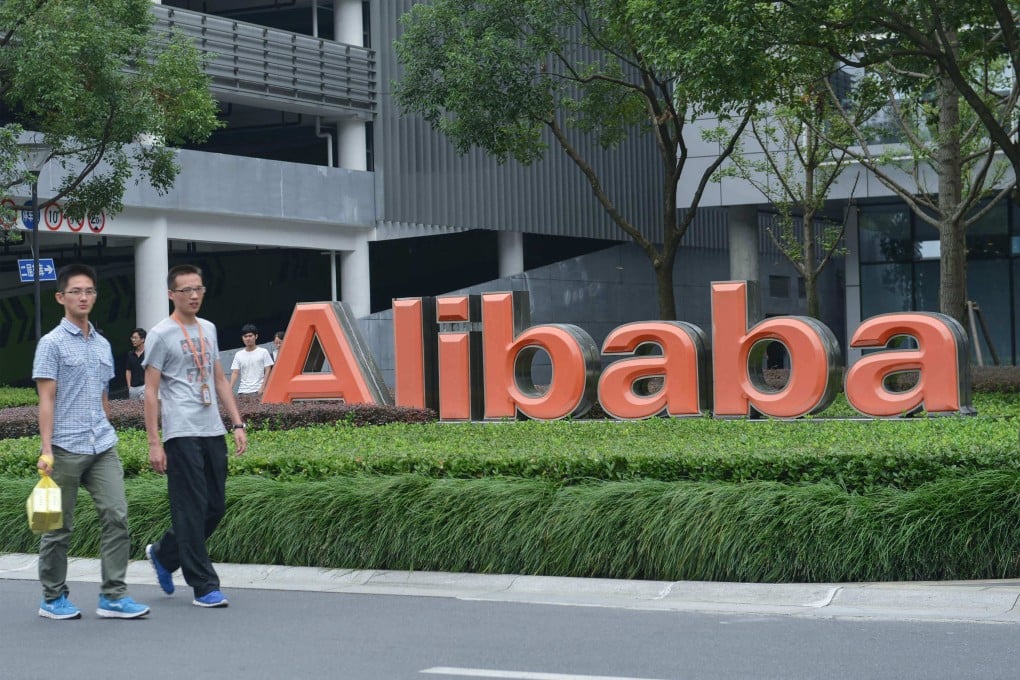Alibaba’s home city removes name of Chinese e-commerce giant from future metro map
- The upcoming metro railway station no longer appears as ‘Alibaba Station in the Hangzhou government’s new plan
- The Airport Express line was set to open ahead of the 2022 Hangzhou Asian Games, which have been postponed to next year

Hangzhou has renamed an upcoming metro railway station that was originally named after Alibaba Group Holding, the e-commerce giant based in the eastern Chinese city, replacing it with the name of a nearby industrial estate.
The 59-kilometre Airport Express line, currently under construction, was slated to have 17 stations, including the “Alibaba” station, according to a plan released in November by the Hangzhou Municipal Government. In the new plan published last month, however, that station was instead called “Haichuangyuan Station”.
It is rare in China to find public transport facilities named after businesses, making the inclusion of a company’s name in any public transport map a sign of prestige.
The “Huawei” station in the southern city of Shenzhen, located near the headquarters of Chinese telecoms giant Huawei Technologies Co, stands as an exception to the city’s regulation, which in 2019 said no metro station should carry the name of a business entity or residential compound.

Shenzhen authorities later explained that they made the choice after considering the extensive size of Huawei’s campus and its long history, which made its name “locally significant”.
